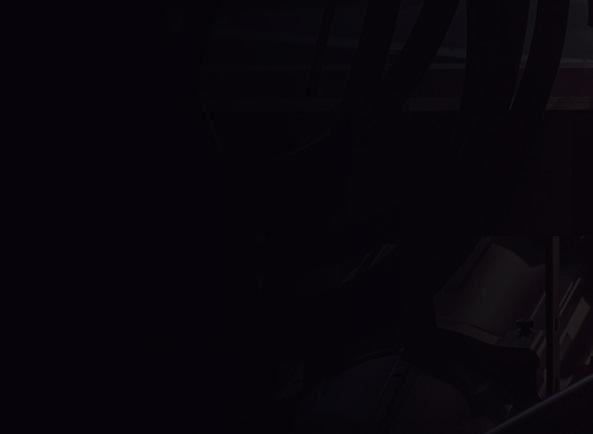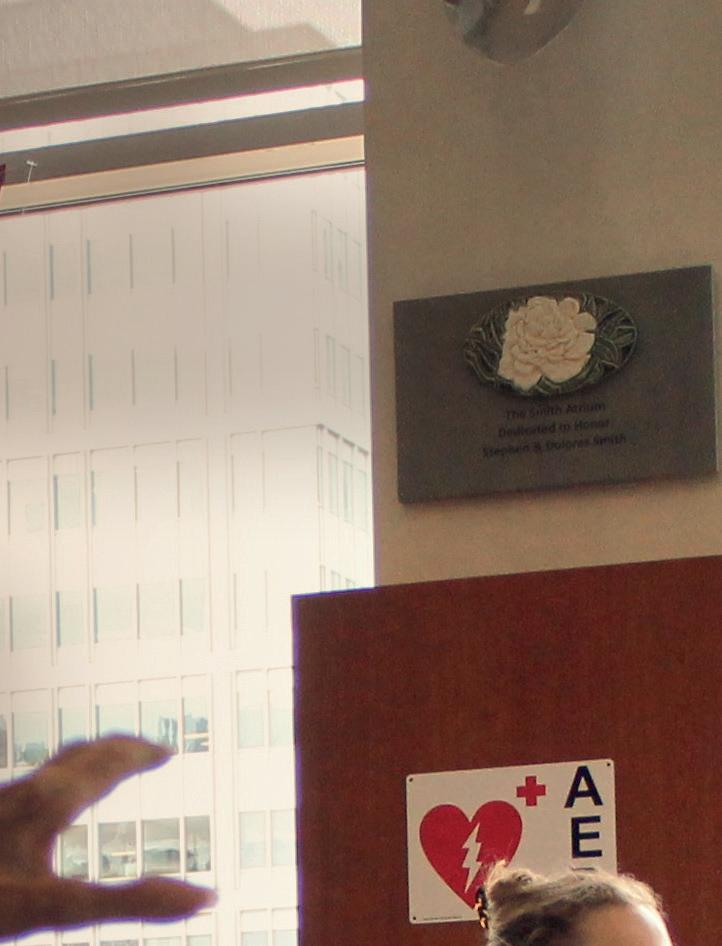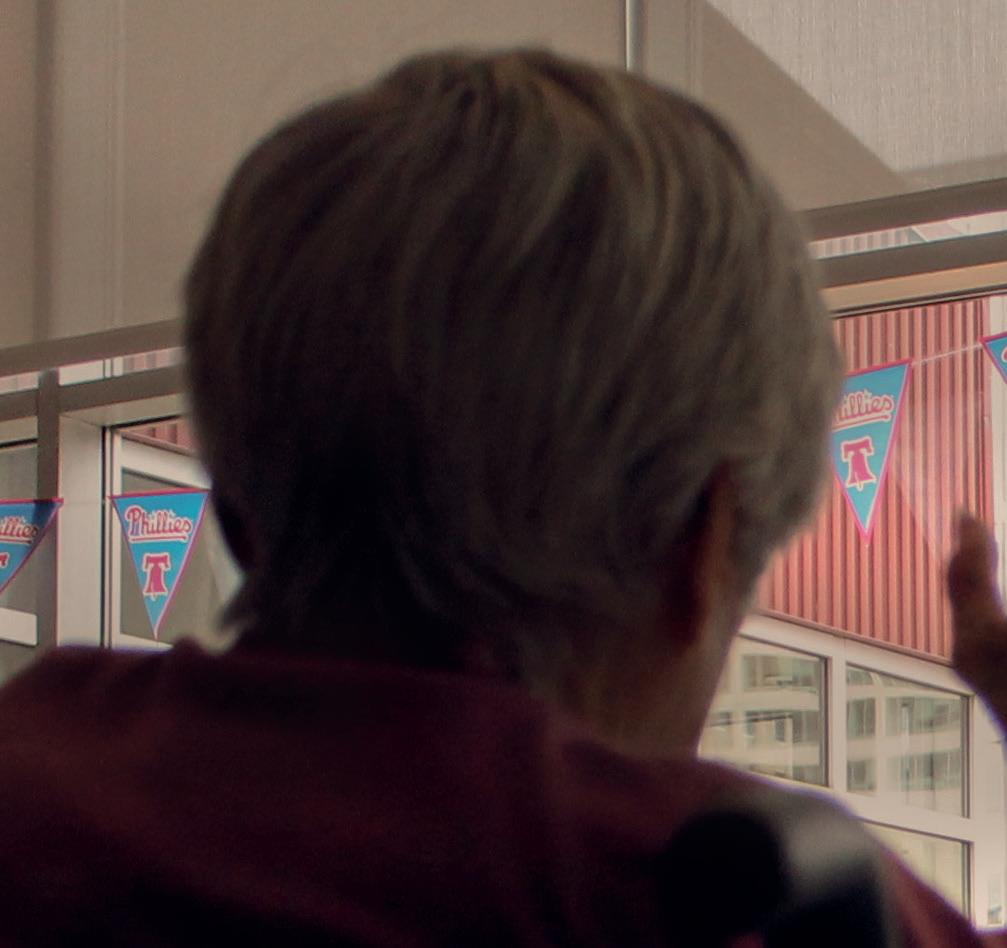
3 minute read
A Welcoming Space for All 08
e illusion of long legs created by skin-tone tights and shoes is a timeworn trick of the ballet trade. Yet, bronze and brown shades have only been available for a few years.


Last year, Sco ish Ballet’s Associate programme for talented young dancers stocked di erent skin toned uniform for the first time. Head of Associate Programme, Kerry Livingstone, received emotional calls from parents because their child could finally wear tights and shoes which match their skin tone. ‘It has been such a simple thing to o er, it’s hard to believe we haven’t had options until now. Making sure that our uniform includes a range of tights and shoes to match all skin tones has been a hugely positive step forward, which has been celebrated by our young dancers and their parents and allows everyone to feel truly welcome,’ says Kerry. Providing the right dancewear for all our dancers is just one small step in a company-wide commitment to guarantee greater diversity and inclusion for all, across the artform.
In 2020, CEO/Artistic Director Christopher Hampson established Sco ish Ballet’s Equity, Diversity & Inclusion (EDI) commi ee to encourage more company members to feel brave and empowered to make actionable change. e commi ee discuss and make recommendations on how Sco ish Ballet can continue to confront discrimination beyond the nine protected characteristics which include age, disability and race. ‘Sco ish Ballet must be a welcoming space for all. To do this, the company is driving anti-racism within the dance industry, especially ballet, and engages with a wide range of partner organisations who are commi ed to breaking down barriers to access. is is going to be a lasting legacy which will benefit us all’, says Christopher (Chris).

‘Global majority’ is the term for ethnic groups which constitute approximately 85 percent of the global population. Inequality for global majority dancers doesn’t stop at dancewear for students in training. Disparities also include a pay gap, a lack of career security, continuous barriers to professional success, feeling unsafe in the workplace and harassment.
Ballet Black founder and now Sco ish Ballet Board member, Cassa Pancho
MBE, has been a critical friend to Chris for over 20 years and she supports him in his leadership of the EDI commi ee. Cassa created Ballet Black in 2001 to provide opportunities to Black and Asian dancers, with the goal that one day the company would no longer have to exist. is year, Cassa talked openly with Sco ish Ballet company dancers about her experiences of racism as she progressed through her dance training and the founding of her company.
Sco ish Ballet’s Director of Engagement, Catherine Cassidy, who is leading on the company’s antiracism strategy, says ‘Our dancers want to support global majority colleagues. Listening to Cassa speak about how it made her feel to overhear racist comments from peers, for dance teachers to make uneducated assumptions about her physicality and the struggle to find role models, resonated with them. As a company, we are developing an understanding that people who experience racism carry this as trauma, directly, and consistently, impacting on their confidence, self-belief and wellbeing.’
EDJI Arts Founder, Rey Dosaj, has been working with the company’s leaders to create a series of pledges designed to address racism and racist systems within the performing arts specifically. e 50 pledges target recruitment, wellbeing and leadership that support global majority colleagues across all Sco ish Ballet teams. at includes making sure dancers are provided with skin tone appropriate ballet shoes, specialist care and expertise in styling di erent hair-types along with new skills and knowledge for lighting di erent skintones. It also includes making sure reports of racism are reviewed by a qualified, experienced panel with a minimum of 50% of members with a lived experience of racism. is year, Catherine launched the Reporting Racism function, a ‘completely anonymous online reporting system for anyone wishing to express a concern based on discrimination.’
In the last 12 months, 109 Sco ish Ballet company members, including Board members, leaders, sta and dancers have engaged in a continuing programme of anti-racism training. Rey explains, ‘Whilst this work is a journey and something that will be ongoing, Sco ish Ballet are working to build anti-racism into their daily working practices in a way that benefits everyone engaging with the organisation.’
A special and heartfelt thank you to Bently Foundation who have been unwavering in their support for the company in establishing, implementing and delivering the anti-racism training — from the Board through to our Leadership Team, dancers and support teams. By developing an understanding and awareness we can ensure Sco ish Ballet continues to become a welcoming and relevant space for all.










